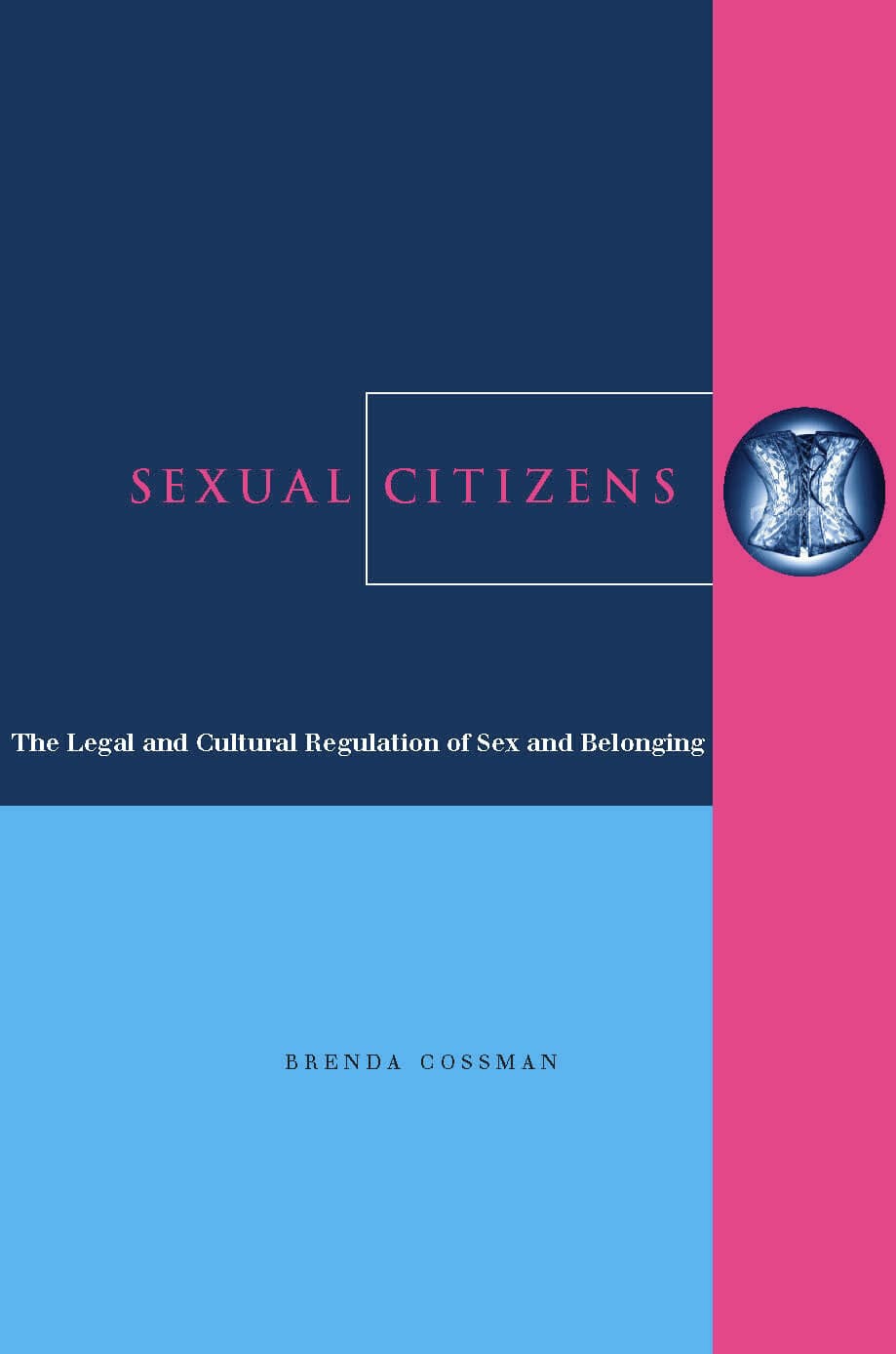Engendering Blackness

In this incisive new book, Patrice D. Douglass interrogates the relationship between sexual violence and modern racial slavery and finds it not only inseverable but also fundamental to the structural predicaments facing Blackness in the present. Douglass contends that the sexual violability of slaves is often misappropriated by frameworks on sexual violence that privilege its occurrences as a question of ethics, sexual agency, and feminine orders of gendering. Rather, this book foregrounds Blackness as engendered by sexual violence, which forcefully (re)produces Blackness, corporeally and conceptually, as a condition that lacks the capacity to ontologically distinguish its suffering from what it means to be human. By employing and critically revising Black feminist theory and Afro-pessimism, Douglass reveals that engaging primarily with the sexualization of the slave forces theories of sexual violence to interrogate why this violence—one of the most prevalent under slavery—continues to lack a grammar of fundamental redress. There are no reparations struggles for the generational transfer of sexual violation and the inability of present frameworks to rectify the sexual stains of slavery lies precisely in the fact that what made this history possible continues to haunt arrangements of life today. Engendering Blackness urgently articulates the way our present understandings of Blackness and humanness are bound by this vexed sexual history.
—Calvin Warren, Emory University
"Perhaps the most poignant observations in Engendering Blackness are simple ones relating to the permanency of sexual abuse and the scale unearthed through the archive. This rethinking is as exhaustive and harrowing as it is bold. Douglass's exploration of antiblackness, sexual violence, and racial slavery, is paradigm-shifting."
—Tracy D. Sharpley-Whiting, Vanderbilt University
"Engendering Blackness is unflinching in its interrogation of Foucauldian claims that the juxtaposition of sex and violence is, essentially, productive. Douglass stands gender studies' assumptive logic on its head by demonstrating that, for slaves, 'sex is the marketplace of flesh.'"
—Frank B. Wilderson III, University of California, Irvine




